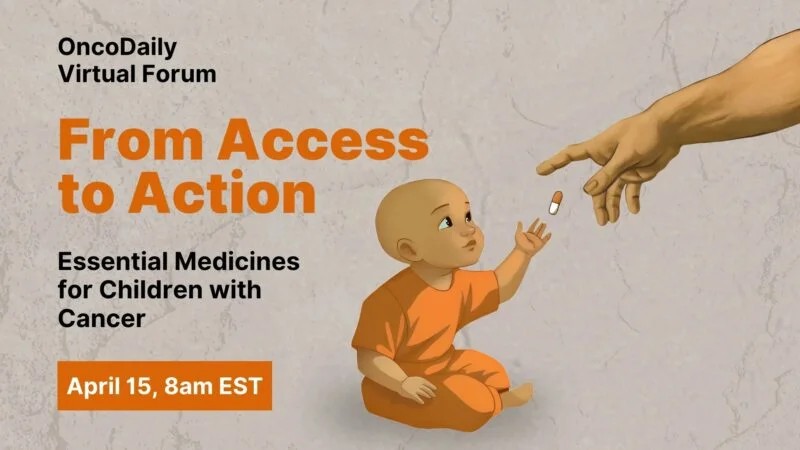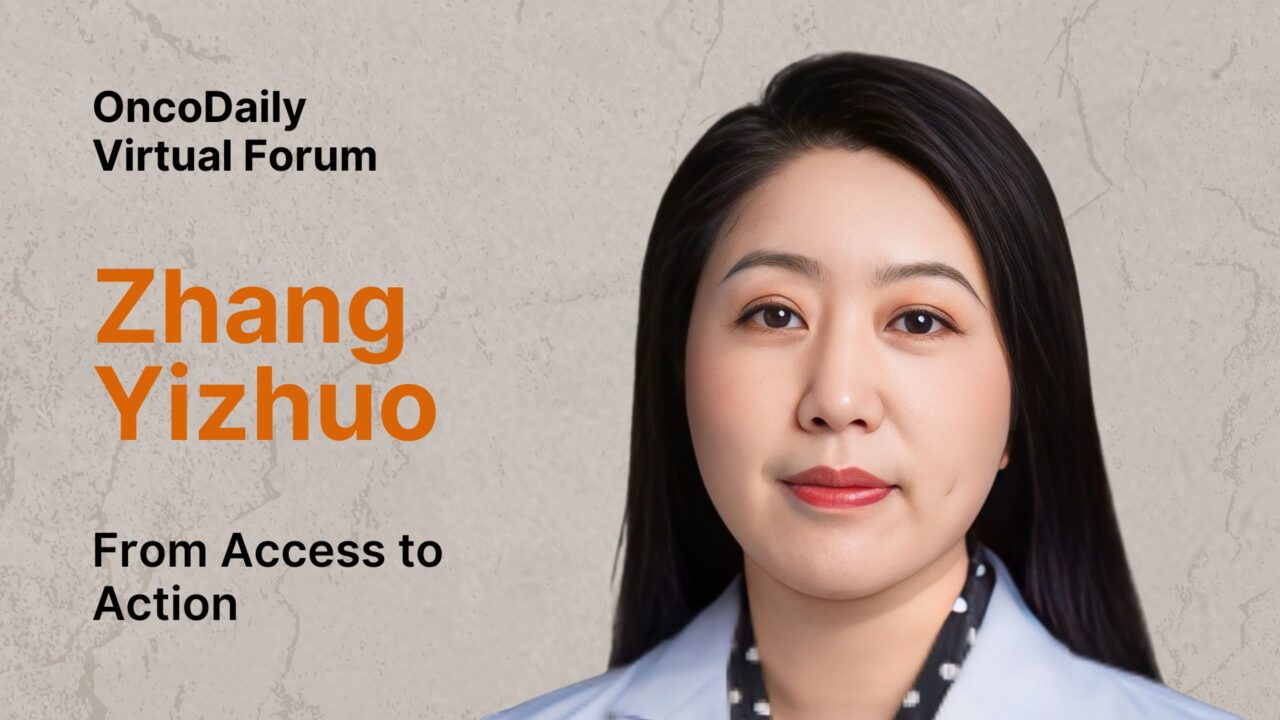Prof. Yizhou Zhang, Director of Pediatric Oncology at Sun Yat-Sen University (SYSU) Cancer Center, presented at “The Essential Medicines for Children with Cancer: From Access to Action”, a virtual forum organized by OncoDaily, sharing how China is advancing both essential and innovative pediatric cancer treatments.
She detailed recent policy shifts and how national platforms are ensuring earlier access to novel agents.
Key session takeaways:
Professor Yizhou Zhang shared valuable insights into how China has advanced access to essential medicines for children with cancer through a nationally coordinated and policy-driven approach. She emphasized that childhood cancer has become a recognized health priority in China, prompting significant reforms in how treatment is standardized, financed, and delivered.
Her presentation highlighted the critical role of collaboration among clinicians, policymakers, and public health authorities in ensuring that effective and affordable cancer care reaches all children, regardless of geographic or socioeconomic background.
A major component of China’s progress has been the development and implementation of national treatment guidelines based on international best practices. These standardized protocols have been essential in improving outcomes and reducing disparities in care across the country.
Prof. Zhang noted that the inclusion of key pediatric cancer medicines on the National Essential Medicines List (NEML) has allowed them to be reimbursed through public insurance programs. This policy shift has significantly lowered the out-of-pocket costs for families, helping to prevent treatment abandonment and improving continuity of care.
Prof. Zhang also spoke about the growing infrastructure for pediatric oncology clinical trials in China. These trials are expanding access to cutting-edge therapies for children with cancer, including those with relapsed or refractory disease. Increased investment in research and data systems has supported better monitoring, outcome tracking, and resource allocation.
At the same time, she acknowledged ongoing challenges, particularly in ensuring access to novel and high-cost therapies in more remote or underserved areas. She stressed the importance of continued policy innovation and equitable pricing strategies to close these gaps.
Her remarks underscored how China’s integrated strategy – combining policy reform, essential medicine access, insurance coverage, and clinical research – serves as a promising model for other countries seeking to improve pediatric cancer outcomes. By prioritizing childhood cancer at the national level and aligning clinical and policy efforts, China has demonstrated that substantial progress is possible in a relatively short period of time.
Prof. Zhang’s presentation ultimately called for sustained global action to build on these successes and ensure that all children with cancer, no matter where they live, have access to the medicines and care they need to survive and thrive.
About the Forum
The Essential Medicines for Children with Cancer: From Access to Action by OncoDaily focuses on the WHO Essential Medicines List for Children, the new applications including Blinatumomab and Temozolomide, the challenges different low- and middle-income countries (LMICs) are facing with the access to medications and the role of initiatives such as ACT4Children and the Global Platform for Access to Childhood Cancer Medicines (GPACCM).

Missed the live session? Catch the full forum recording on our YouTube channel.


